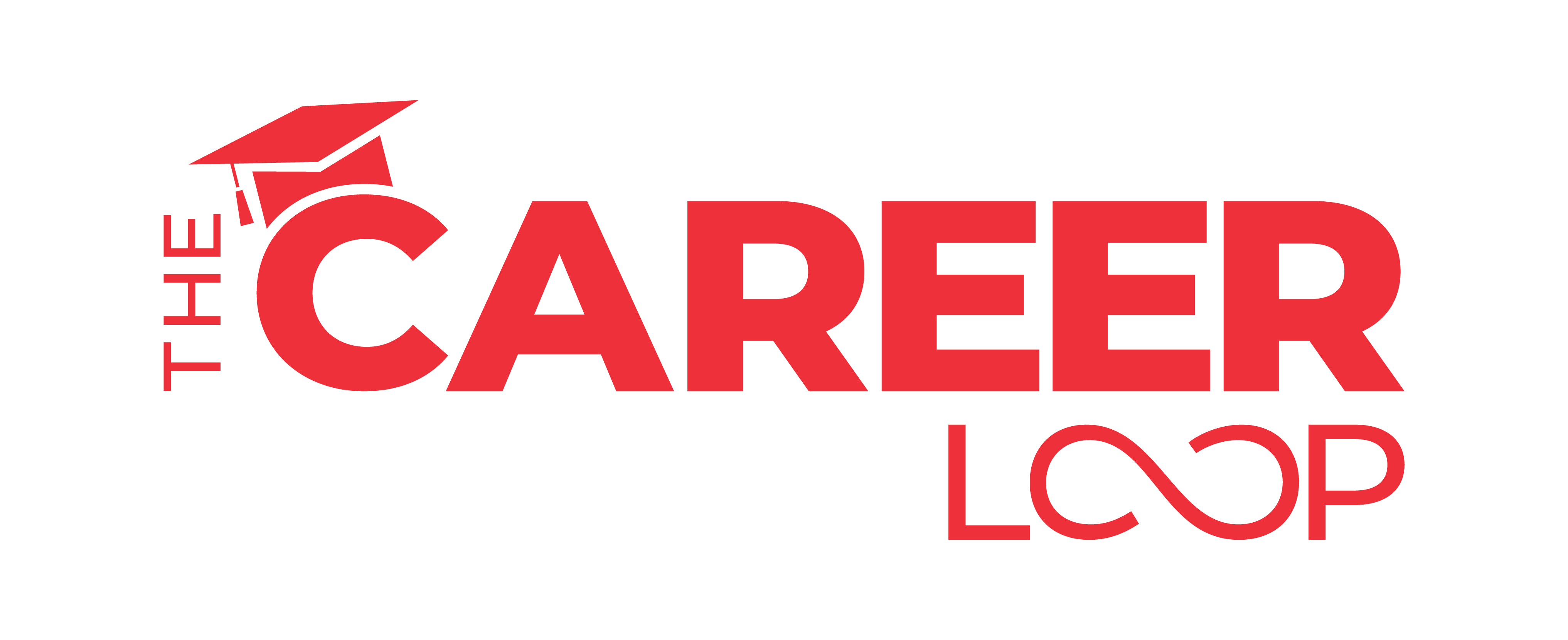Have you ever wondered why so many people are leaving traditional jobs for freelance work? The short answer: flexibility and freedom.
The gig economy has evolved from a marginal work arrangement to a powerful force reshaping employment across global industries. Projections indicate that over 40% of professionals will participate in freelance, contract, and project based work, representing a significant shift in how we understand career development and organizational structures.
Flexible Work Models
Companies are increasingly blending traditional full time employees with freelance talent to create adaptable teams capable of scaling quickly. This approach allows businesses to access specialized skills without long term commitments while providing workers unprecedented flexibility.
Tech companies and startups are leading this transformation by leveraging platforms to source talent for complex software development and creative projects. Healthcare and education sectors are similarly embracing contract roles to address staffing challenges.
Technology Driving Transformation
Digital platforms are revolutionizing how professionals connect and collaborate. Advanced algorithms now match freelancers with projects based on precise skill alignment, while automated payment systems reduce administrative friction.
Key technological innovations include:
- Intelligent job matching systems
- Real time performance tracking
- Streamlined communication tools
- Secure payment infrastructure
Skills for Future Success
Continuous learning has become essential in the gig economy. Professionals must consistently update their capabilities to remain competitive. Critical areas of focus include:
- Advanced technological skills
- Digital marketing expertise
- Data analysis capabilities
- Cross cultural communication
- Project management techniques
Online learning platforms and professional certification programs are experiencing unprecedented growth as workers invest in their professional development.
Industry Specific Trends
Different sectors are experiencing unique gig economy transformations:
Creative Industries:
- Content creation
- Graphic design
- Video production
Healthcare:
- Nursing contract roles
- Medical technician positions
Logistics:
- Delivery services
- Transportation support
- Warehouse management
Moving Forward: The Future of Work
The gig economy seems to be more than a temporary trend. It signals a restructuring of how we conceptualize employment. As artificial intelligence, global connectivity, and worker preferences continue evolving, we can expect increasingly sophisticated work arrangements.
Successful professionals and organizations will be those most adaptable to change, willing to experiment with new collaboration models, and committed to continuous learning. The future of work is not about choosing between traditional employment and freelance roles. Instead, it’s about creating dynamic, flexible ecosystems that empower individuals to leverage their unique talents while meeting organizational needs.
As we move through 2025, the gig economy will continue challenging our understanding of careers, demonstrating that professional success is no longer about a single path but about navigating multiple opportunities with creativity and resilience.

















